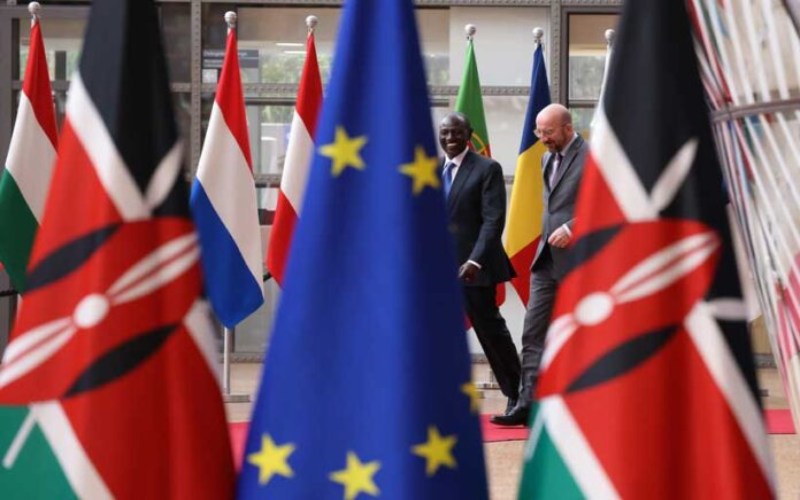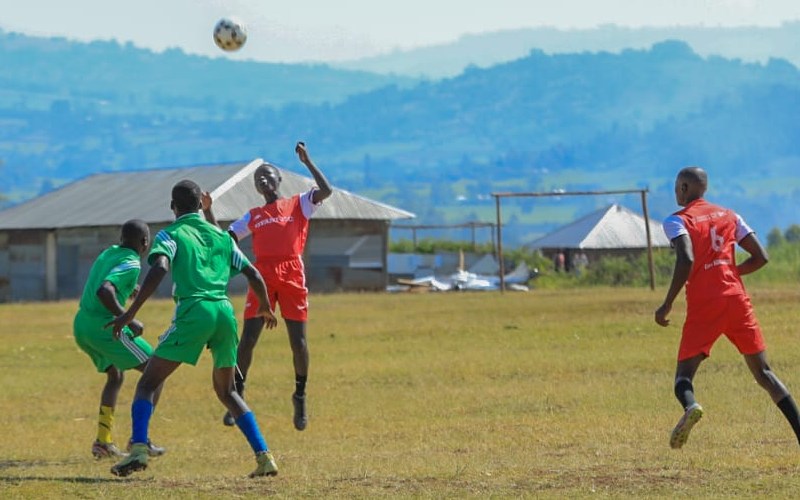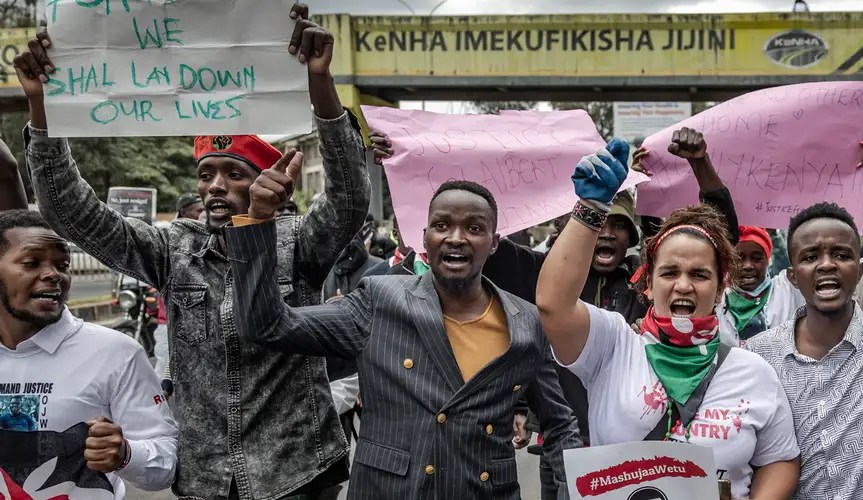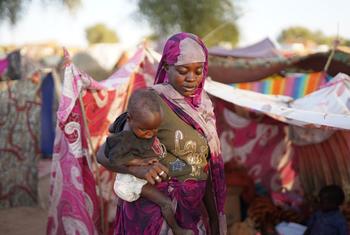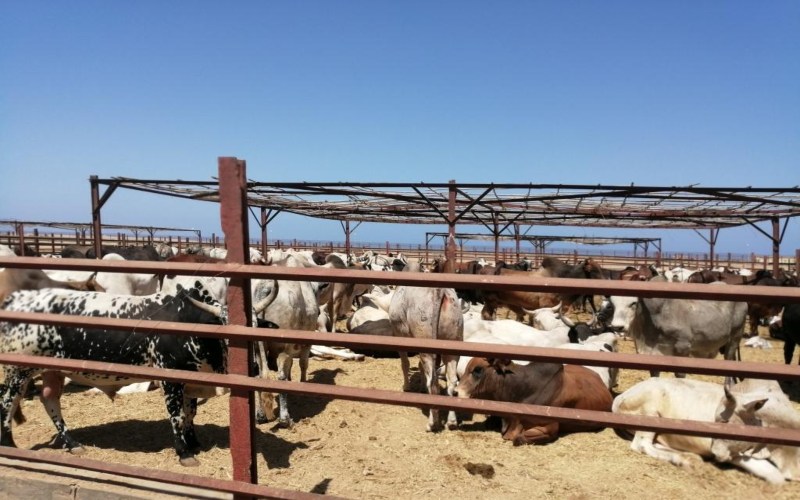Proposed law to curb religious extremism set for first reading
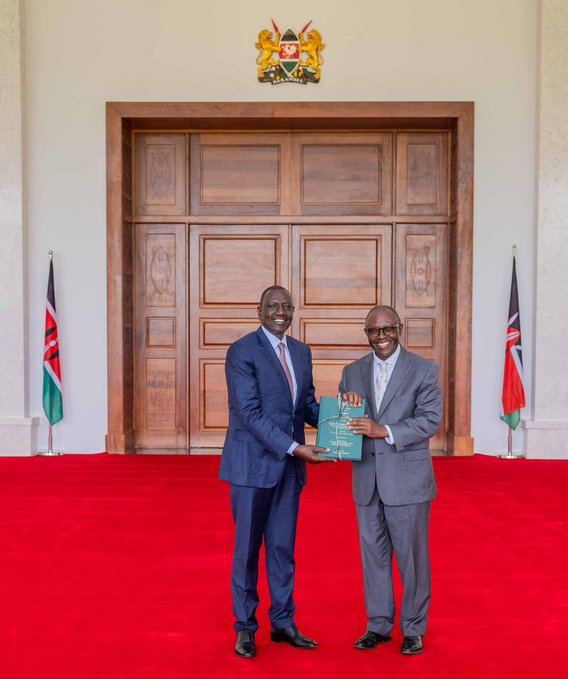
All churches and religious organisations will be required to submit financial returns every year if the bill passes.
Tana River Senator Danson Mungatana, who chairs the Senate Ad Hoc Committee on the Proliferation of Religious Organisations, has scheduled the first reading of a draft law aimed at curbing religious extremism and extortion.
The Religious Organisations Bill, 2024, further aims to establish the office of registrar for religious organisations and mandate religious training and mentorship before starting a religious organisation, among other provisions.
More To Read
- Witness recounts how Paul Mackenzie’s teachings led her to quit career, reject medicine
- Pastor Mackenzie promised children wealth, helicopter if they followed his teachings - witness
- Ex-GSU officer’s death confirmed two years after Shakahola cult horror that destroyed entire family
- Paul Mackenzie twisted Bible teachings to mislead followers, court told
- Petition seeks legal framework to regulate theological colleges in Kenya
- Witness narrates how Mackenzie distorted Bible verses to defend deadly Shakahola fasting cult
"We have imposed legislation, and this legislation from the Senate committee will go through proper public participation. During this process, Kenyans will have an opportunity to shape the law," Mungatana stated.
He stated that political realities and feedback from public participation will influence the final form of the law.
"The main thing will be to strike a balance between public safety and religious freedom," he said.
Mungatana emphasised the importance of public participation in the legislative process, noting that the current law requires extensive public involvement.
"In the past, the kind of constitution that was there and the jurisprudence of the law were not strong on public participation. In fact, constitutional amendments could be made just in Parliament. The current law says that you cannot do anything without public participation. If we try to pass anything without proper public participation, the law will not survive the courts."
He emphasised that the proposed law would not be an exception. "You will pass it through all the readings and to the President for assent, and it will be stuck. This time is going to be different because of this law. When we start processing it, the moment it gets to public participation, many religious organisations will come to give their opinion."
The Senate adopted Mungatana's committee's report after it completed its work.
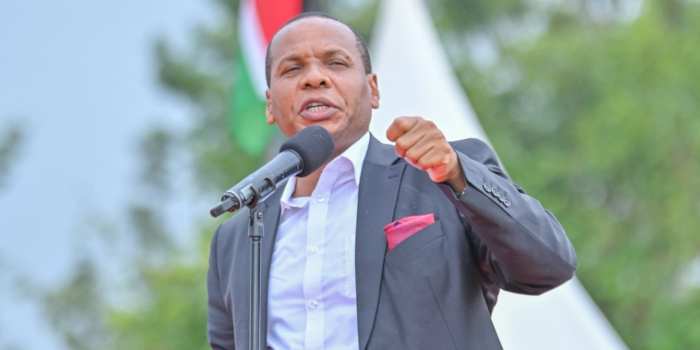 Tana River Senator Danson Mungatana addresses congregants at Chelelelut, in the Rift Valley during a harambee for a local Catholic Church on May 4, 2024. (Photo: Danson Mungatana)
Tana River Senator Danson Mungatana addresses congregants at Chelelelut, in the Rift Valley during a harambee for a local Catholic Church on May 4, 2024. (Photo: Danson Mungatana)Tana River Senator Danson Mungatana addresses congregants at Chelelelut, in the Rift Valley during a harambee for a local Catholic Church on May 4, 2024. (Photo: Danson Mungatana)
Additionally, Mutava Musyimi, the chair of the President's Task Force on Religious Organisations, recently presented the President with its findings.
"We had the Shakahola mess. Our recommendations from the Senate Ad Hoc Committee were very similar to what I have seen the Presidential Task Force recommending. There was an overlap because we started the process in the Senate committee, but the President also appointed a task force. Our results are not very different, which leads to the fact that there is a need for regulation. As much as we need some form of self-regulation, the government must play a role."
Mungatana clarified that prior to registration, all churches and religious organisations must receive recognition from an umbrella body.
"We also talked about having a registrar for church organisations so that it becomes different from where all societies are registered. This will facilitate better regulation and management."
The Senator expressed confidence that the Senate committee and the Presidential Task Force are in agreement on proposed clauses, indicating a unified approach to regulating religious organisations in Kenya.
In the proposals presented to President William Ruto in July by the Presidential Taskforce on the Review of the Legal and Regulatory Framework Governing Religious Organisations in Kenya, all churches and religious organisations will be required to submit financial returns every year.
The proposal calls for the establishment of the Religious Affairs Commission to oversee religious matters. It mandates that every religious institution in Kenya must provide the commission with financial returns, accounts, a register of members, and any other required documents.
“Any person who wilfully makes or orders, causes, or procures to be made any false entry in or omission from any return, register of members, account, or other document furnished under this section commits an offence and shall, on conviction, be liable to a fine not exceeding one hundred thousand shillings, to imprisonment for a term not exceeding one year, or to both," the bill proposes.
Top Stories Today
